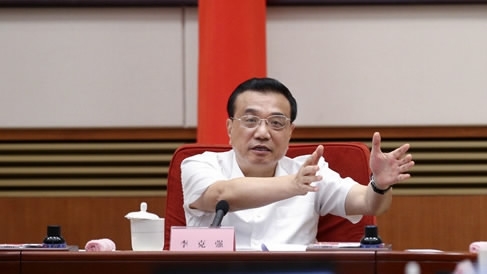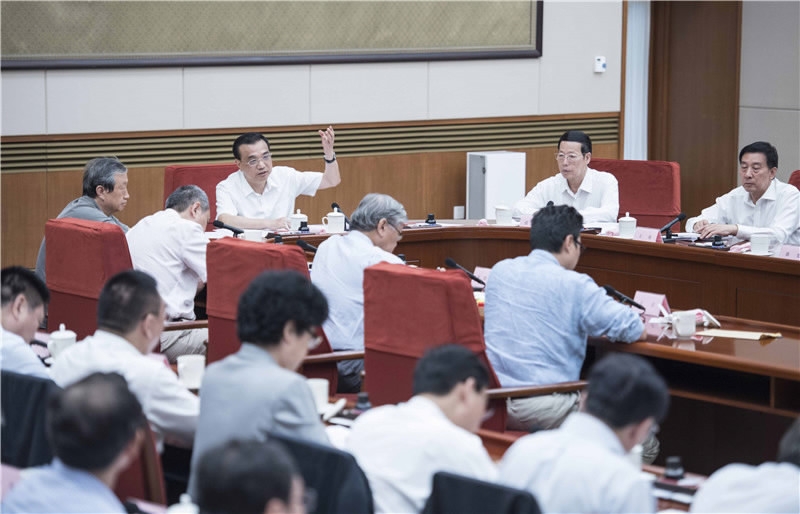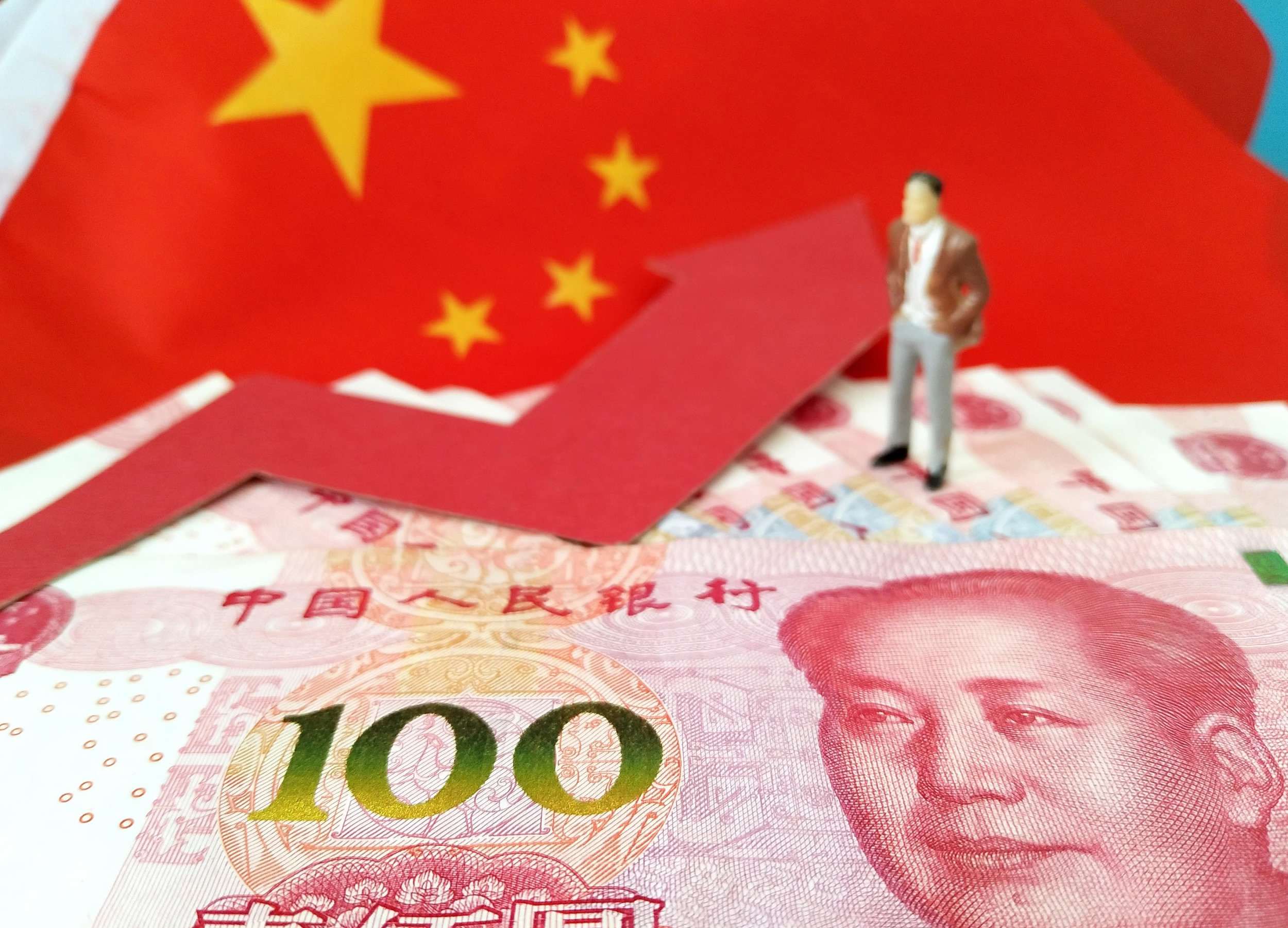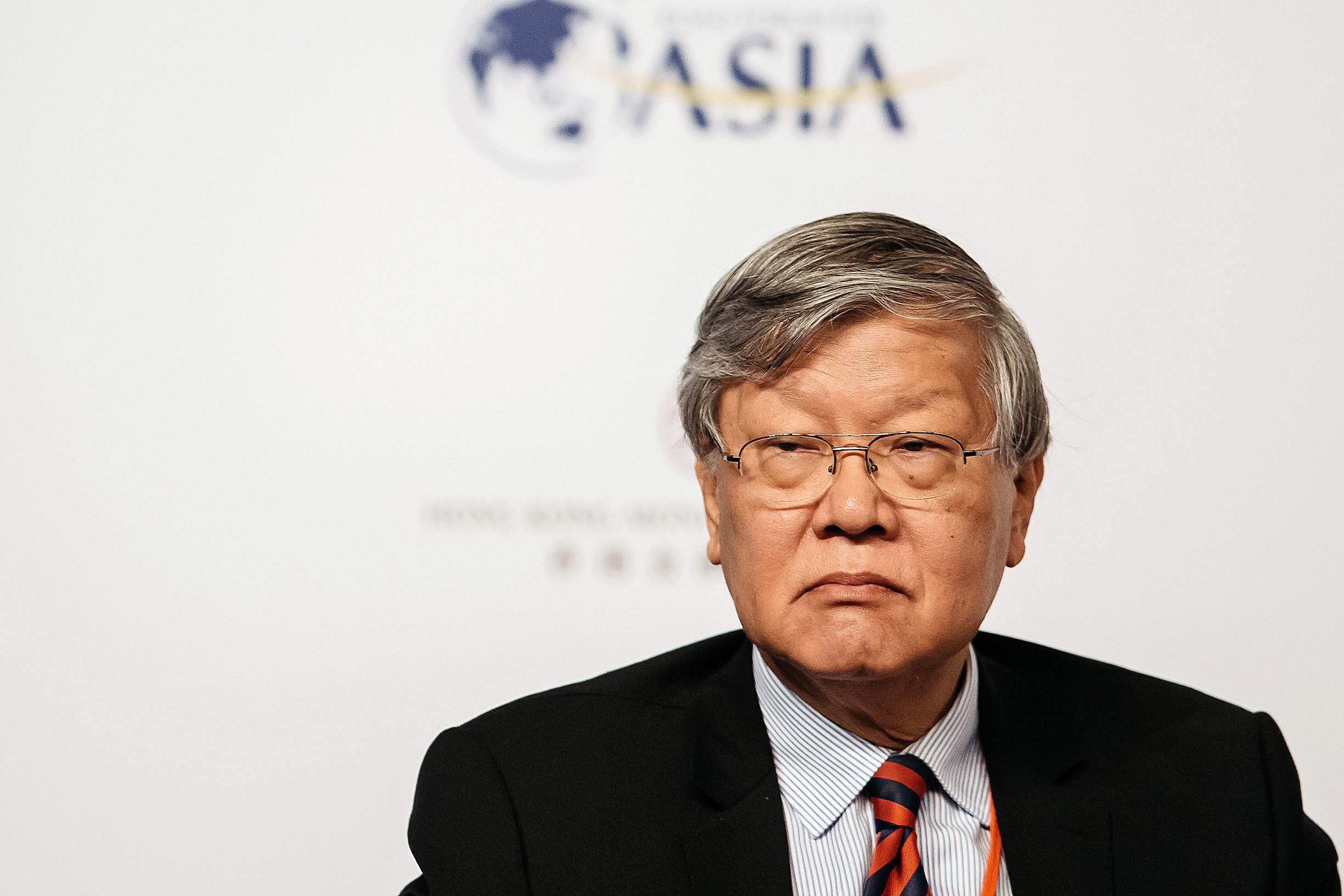
Business
13:35, 08-Jul-2017
Chinese Premier Li Keqiang: 2017 growth trend to continue despite challenges

China's economy stabilized in the first half of this year, a trend that is set to continue in the second half despite challenges, said Premier Li Keqiang.
Li made the remarks in a meeting on Thursday with experts and entrepreneurs on current economic performance and suggestions about future economic work, according to a statement issued on Friday.
"We should not only have firm confidence, but also be well prepared for dealing with all kinds of difficulties in the second half of the year," Li was quoted as saying.

Chinese Premier Li Keqiang speaks during a meeting with experts and entrepreneurs on current economic performance and suggestions about future economic work in Beijing on July 6, 2017. /Xinhua Photo
Chinese Premier Li Keqiang speaks during a meeting with experts and entrepreneurs on current economic performance and suggestions about future economic work in Beijing on July 6, 2017. /Xinhua Photo
China's economy grew 6.9 percent year-on-year in the first quarter, the fastest pace in six quarters, and higher than the government's annual target of around 6.5 percent.
A raft of economic data in the coming weeks is expected to show steady growth in the world's second-biggest economy.
But government measures to rein in the housing market and debt risks are likely to drag on activity over the next few quarters.
While real estate investment expanded by 8.8 percent in the first five months of the year according to the National Bureau of Statistics (NBS), measures restricting property sales are expected to slow down the sector, and have a knock-on effect on other areas of the economy, according to Fitch Ratings.
Government moves to ease China's debt levels "are expected to have an effect on fixed-asset investment and activities later in the year," predicts UBS.
Plans for the second half

VCG Photo
VCG Photo
China will maintain proactive fiscal policy and prudent monetary policy and keep macro-economic policies stable, Li said.
The government would appropriately expand aggregate demand and expand effective investment, especially private investment, the premier added.
Facing risks from international uncertainties and overcapacity at home, Li noted that China will continue to implement the strategy of innovation-driven development, improve the environment for entrepreneurship, and upgrade the manufacturing and service sectors.
Li pledged that China will reduce transaction costs and streamline administration, delegate power to lower levels and improve regulation and services.
In addition, the government will also strive to create an internationally competitive business environment in which domestic and foreign companies are treated on an equal basis.
Expert opinion

Andrew Sheng, chief adviser to the China Banking Regulatory Commission, attends the Boao Forum for Asia Financial Cooperation Conference in Hong Kong, China, on July 5, 2016. /VCG Photo
Andrew Sheng, chief adviser to the China Banking Regulatory Commission, attends the Boao Forum for Asia Financial Cooperation Conference in Hong Kong, China, on July 5, 2016. /VCG Photo
Andrew Sheng, chief adviser to the China Banking Regulatory Commission, said the international community is facing pressure from risks of high inflation and low growth rate amid geopolitical uncertainties, such as US President Donald Trump's "America First" push.
Sheng said corporate deleveraging measures should be given greater attention, and he suggested the deleveraging campaign should eliminate "zombie" companies and non-performing assets incurred during industrial transformation.

SITEMAP
Copyright © 2018 CGTN. Beijing ICP prepared NO.16065310-3
Copyright © 2018 CGTN. Beijing ICP prepared NO.16065310-3